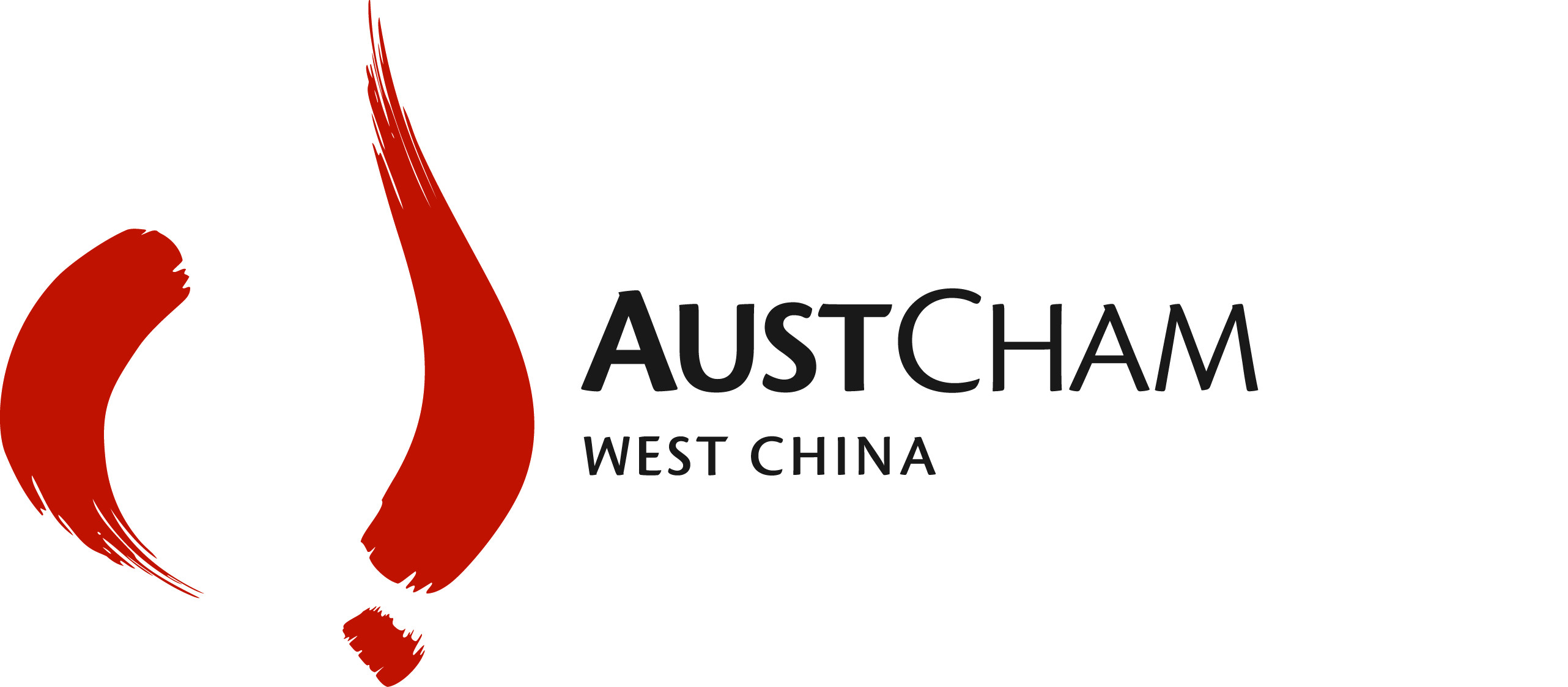In today’s Talking Points: Capilano CEO denies claims honey exported to China not 100% Australian; Dairy Association of China (DAC) report finds that industry overhaul and stricter regulation has substantially improved the quality of Chinese milk products; livestock shortage looks set to drive the development of a meat futures market; and Fonterra adopts a new supply chain standard for sourcing palm products following discussions with Greenpeace.
Capilano CEO denies claims honey is not 100% Australian
The CEO of Australia’s Capilano Honey, Ben McKee, has stated that Capilano only exports 100% authentic Australian honey to China, refuting claims by Australian beekeepers that it buys Chinese honey and sells it back to China in blended honey. McKee clarified that Capilano has in the past blended honey sourced from Argentina, Brazil, Hungary and China to deal with recent shortages but this has only been sold domestically or to the Middle East and these products were clearly labelled. Its secondary brand Allowrie honey which uses blended honey is not produced for the export market although some of the product is available on e-commerce platform Taobao.
Source: Xinhua
Chinese dairy industry recovering from food safety scandals
A report by the Dairy Association of China (DAC) released this week found that the quality of Chinese milk products has improved substantially as a result of the industry overhaul and stricter regulation over the past eight years since the 2008 infant formula contamination scandals. Food safety testing last year found 99.5% of dairy products met the standards and there had been no illegal additives detected for the past seven years. Chinese dairy giants YiliGroup and Mengniu Dairy were ranked in the world’s top 20 dairy companies by Rabobank in 2015, Modern Farming won Monde Selection gold medals for food quality, and baby formula company Junlebao earned the top quality and safety certification from BRC global standards. China produced 38.7 million tonnes of milk products last year, ranking third behind the US and India and per capita consumption reached 36.1 kilograms.
Source: China Daily
Livestock shortage drives meat futures market
While other agricultural commodities have had a futures market allowing producers to forward price out up to two years, livestock traditionally not, but this is set to change says Mecardo agribusiness analyst Andrew Whitelaw. Livestock futures are increasingly being provided by companies such as AuctionsPlus, which is offering forward cattle and lamb auctions, and Reimanns Agriculture is looking at offering beef cattle contracts indexed against Meat and Livestock Australia’s eastern young cattle index (EYCI), and the eastern states trade lamb index (ESTLI).
Source: ABC
Fonterra works with Greenpeace to set new standards for palm product sourcing
Following discussions with Greenpeace, Fonterra has adopted a new supply chain standard to purchase only segregated palm oil and ensure full traceability of palm products back to the plantation. Palm Kernel Extract (PKE) is a by-product of the palm oil industry and is used as a feed supplement in the dairy industry to improve milk production when the quality of pasture is low. Fonterra supplies one third of the PKE used in New Zealand and currently sources all its PKE from Wilmar International which has a “no deforestation, no exploitation” policy.
Source: Food Navigator

